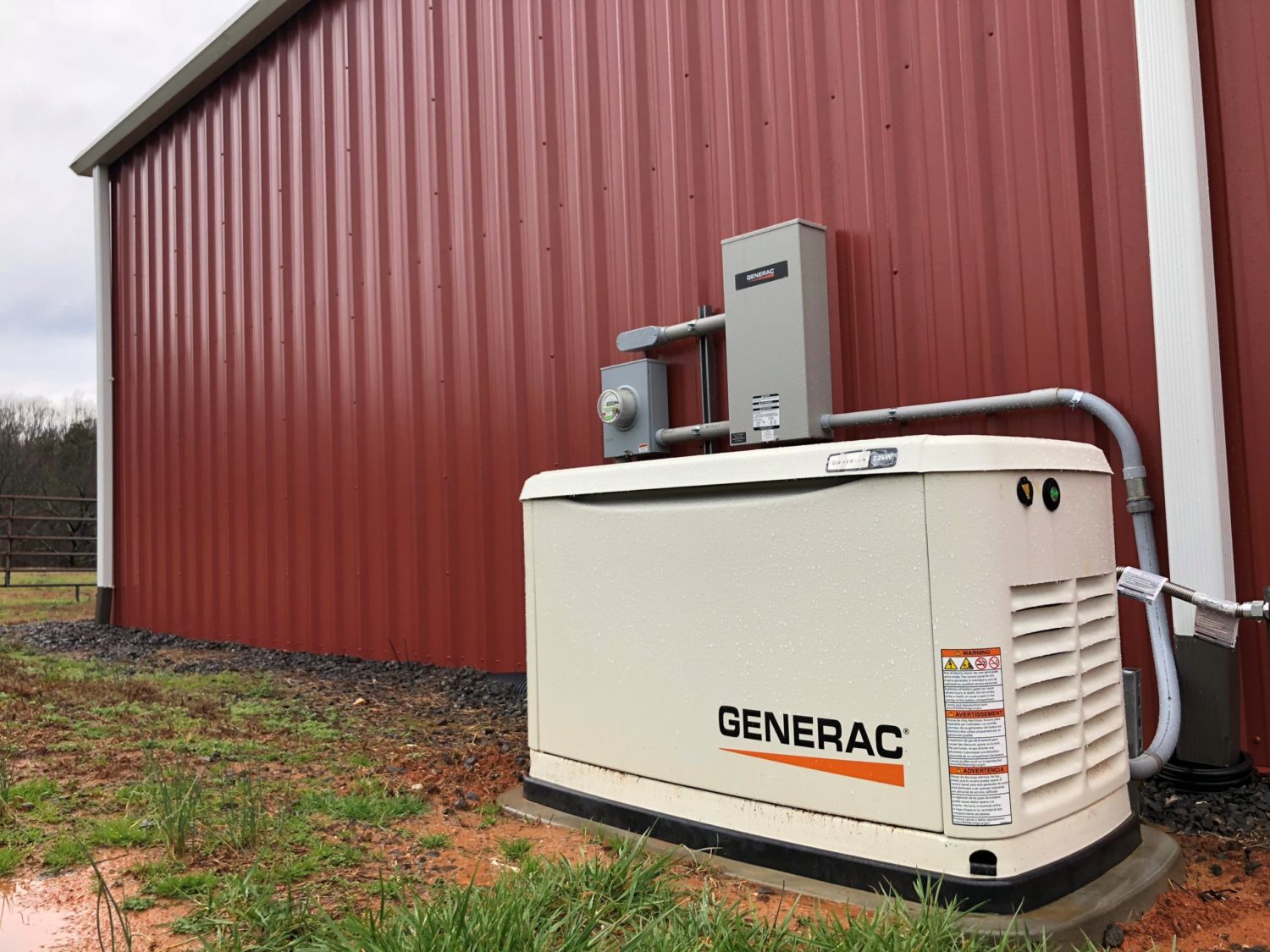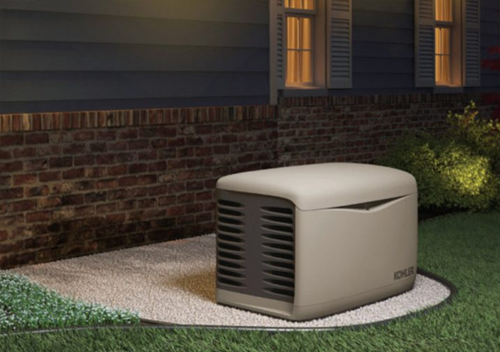
In today’s world, a reliable power source is essential, whether for your home, business, or special events. Generators provide a crucial backup plan during power outages, ensuring that you are never left in the dark. However, the effectiveness of your generator hinges significantly on proper maintenance. In this blog post, we’ll explore essential tips for maintaining your generator, highlight preventative care strategies, and identify common issues that can arise. By following these guidelines, you’ll not only prolong the lifespan of your generator but ensure you have peace of mind when you need it the most.
Understanding the Importance of Generator Maintenance
Just like any other piece of machinery, generators require regular upkeep to function optimally. Preventative care helps to:
- Enhance Performance: Regular maintenance keeps your generator running smoothly and efficiently.
- Avoid Costly Repairs: Catching issues early can save you money in the long run.
- Ensure Safety: Well-maintained generators reduce the risk of accidents and breakdowns.
- Maintain Warranty: Many manufacturers require proof of maintenance for warranty claims.
Investing a little time and effort into maintaining your generator will pay off significantly when you need it the most.
Key Maintenance Tips for Your Generator
Here are some actionable tips to keep your generator in top shape:
1. Regularly Change the Oil
Oil is the lifeblood of your generator’s engine. Check the oil level regularly, and change it based on the manufacturer’s recommendations. Here’s a simplified schedule:
- For portable generators: Change the oil after the first 20-30 hours, then every 50-100 hours of operation.
- For standby generators: Change the oil at least once a year, regardless of usage.
Make sure to use the right type of oil as specified in your user manual.
2. Inspect and Replace Air Filters
Clogged air filters can impede performance by restricting airflow. Inspect your generator’s air filters regularly:
- Check Monthly: Look for dust, dirt, and debris buildup.
- Replace When Needed: Clean or replace filters according to the manufacturer’s recommendations.
3. Fuel Maintenance
Fuel quality can significantly affect generator performance. Follow these recommendations to keep your fuel in check:
- Use Fresh Fuel: Store fuel in a clean, sealed container and avoid using fuel that’s older than 30 days.
- Add Fuel Stabilizer: If you won’t use the generator for an extended period, consider adding a fuel stabilizer to help prevent degradation.
4. Run Your Generator Periodically
Even if you don’t need to use your generator frequently, running it periodically helps to keep the engine lubricated and the fuel system intact.
- Schedule Monthly Tests: Run the generator for at least 30 minutes every month, under a load, to ensure everything is in working order.
5. Check the Battery
Generators often rely on batteries for startup, so your generator won’t do you any good if the battery is dead. Follow these practices:
- Inspect Connections: Ensure all battery connections are clean and tight.
- Test Battery Life: Consider replacing the battery every 2-3 years, or use a multimeter to assess its health regularly.
Common Issues with Generators and How to Address Them
Even with the best maintenance practices, problems can arise. Here are some common issues you might encounter:
1. Overheating
Overheating can occur due to low oil levels, clogged air filters, or faulty cooling systems. If your generator starts to show signs of overheating:
- Shut Down Immediately: Turn off the generator to prevent damage.
- Check Oil Levels: Refill if necessary and investigate oil leaks.
- Inspect Air Intake: Clean any obstructions in air filters or vents.
2. Generator Won’t Start
A generator that fails to start can be a source of frustration. Common reasons and how to address them include:
- Dead Battery: Ensure the battery is charged and connections are secure.
- Fuel Issues: Check for fuel flow and ensure you have fresh fuel.
- Starter Motor Problems: Inspect the starter motor and connections for issues.
3. Uneven Power Supply
If your generator supplies power inconsistently, this could indicate a faulty voltage regulator or overload. To troubleshoot:
- Check Load Level: Ensure you’re not exceeding the generator’s capacity.
- Inspect Wiring Connections: Look for loose wires or connections that might be causing issues.
Conclusion: Keep Your Generator Ready for Action
Regular maintenance is crucial to the longevity and reliability of your generator. By following the tips outlined above, you can significantly reduce the risk of costly repairs and ensure that your backup power source is ready when you need it most.
Have you had any issues with your generator or discovered helpful maintenance tips? We’d love to hear your experiences! Feel free to share your thoughts in the comments below. Don’t forget to share this post with anyone who might benefit from these tips on generator maintenance!
continue reading
Related Posts
In our increasingly power-dependent world, generators play a crucial role […]
Generators are essential for providing backup power during outages, but […]
Generators are invaluable assets, providing much-needed power during outages and […]



